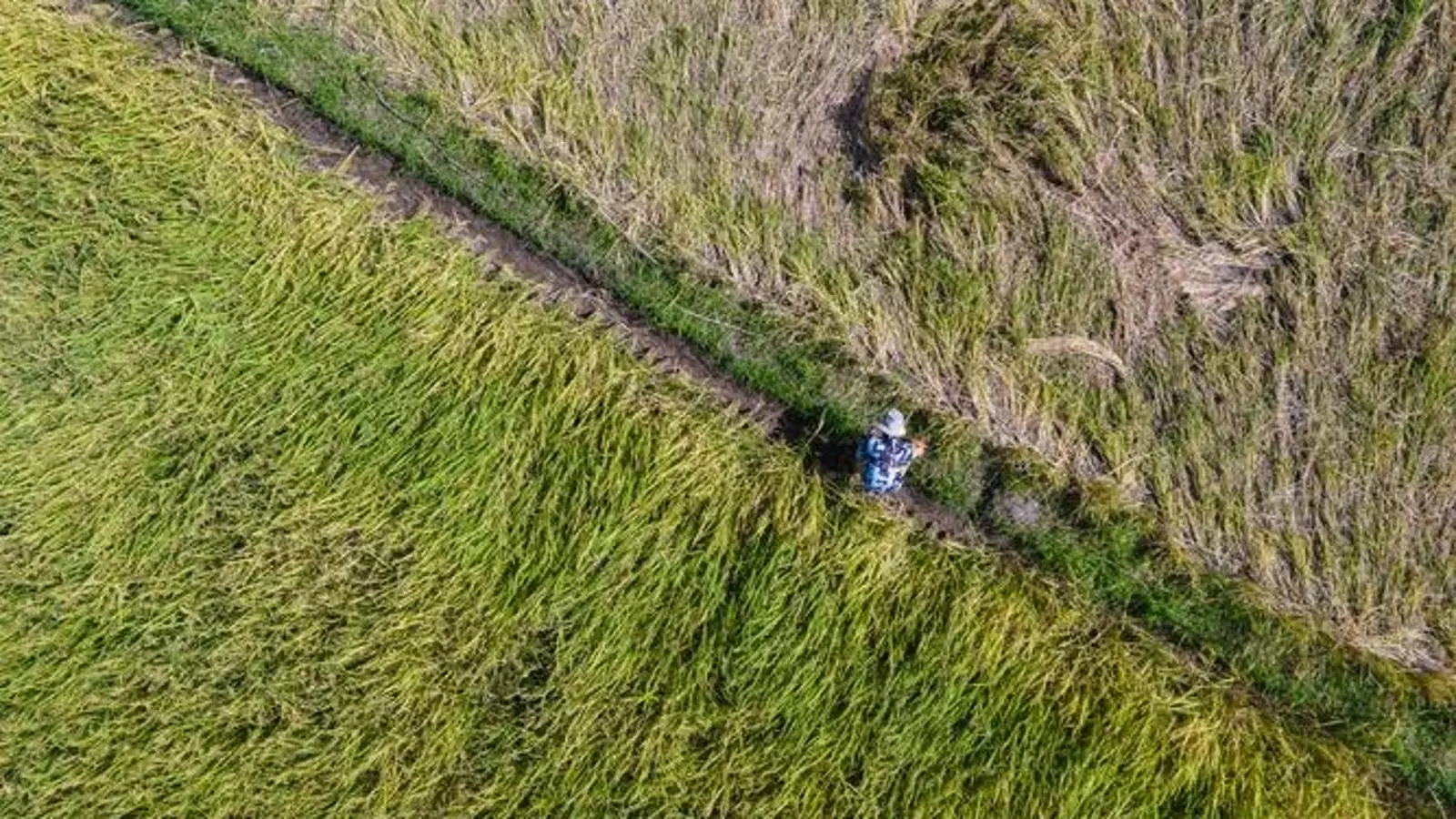In a recent open letter, 153 distinguished laureates of the Nobel and World Food Prize have issued a stark warning regarding the precarious trajectory of global food security and climate change. The consensus among these luminaries is unmistakable: “Humanity is headed towards an even more food insecure, unstable world by mid-century.” The interconnected threats of climate change, conflict, and food scarcity paint a grim picture of our possible future. They argue that the current methodologies regarding climate action and food system reform are not merely inadequate; they are damaging and counterproductive.
With the toll of hunger already impacting hundreds of millions globally, this letter underscores that we are “not even close” to addressing the food needs of future populations. It highlights the discomforting reality that the challenges posed by our warming planet are exacerbated by existing systems, presenting a critical juncture from which we must act decisively. Dr. Cary Fowler, a key figure behind this initiative and an expert on food security, emphasizes the multifaceted nature of the crisis, which intertwines climate change, erosion of soil health, and diminished freshwater supplies.
While the warning from these experts is dire, it is accompanied by a clarion call for proactive steps to mend our food systems and mitigate the effects of climate change. The open letter suggests a multi-tiered approach that begins with national and global policymakers but is equally reliant on grassroots initiatives. This local activism is essential for creating a robust climate and food security framework. Here are several actionable strategies to implement at both the community and individual levels.
One of the key recommendations is to prioritize local, seasonal, and Indigenous food sources. Advocating for these types of foods not only supports local economies but also strengthens food resilience. Often dubbed “opportunity crops,” Indigenous varieties are frequently more adaptable to climate fluctuations. These crops typically have deep root systems, retain moisture, and yield food without necessitating replantation. Understanding what food is available locally and when it’s in season can drastically bolster local food systems. Some examples include resilient crops such as millets, buckwheat, and diverse legumes.
Making more conscientious choices in our diets can yield far-reaching benefits — both for climate and community health. We must strive to educate ourselves about the agricultural bounty within our regions and incorporate these foods into our diets.
Accountable consumption is more crucial than ever, especially when considering the scale of food waste in our current systems. The open letter calls attention to this pressing issue, emphasizing that a significant portion of edible food is discarded while millions suffer from hunger. To combat this challenge, individuals can make a considerable difference by planning meals, being creative with leftovers, and ensuring food is consumed before it spoils. Utilizing our freezers efficiently can prevent waste and lessen our environmental impact.
Moreover, promoting awareness about the implications of food waste can contribute meaningfully to the broader dialogue on climate change and food equity. A commitment to reducing waste is not merely a personal responsibility; it’s a communal effort that can ripple through society.
The voices of farmers and local agricultural innovators must be amplified in this transformative journey. The experts advise recognizing and celebrating successful methods and solutions cultivated within our communities. Farmers’ lived experiences provide invaluable insights that can steer us toward better practices in agriculture. By elevating these narratives, we can inspire other regions to adopt innovative approaches that prioritize sustainability and food security.
Additionally, community support for agricultural research and innovation is vital. Our global challenges require informed and inspired action from those who are entrenched in the field, ensuring that they are at the forefront of transformative practices.
Engagement with elected officials and institutions represents a powerful avenue for advocacy. Citizens collectively wield significant influence — from local communities to multinational corporations, everyone has a stake in changing the narrative surrounding food systems and climate action. Elected representatives must perceive the urgency behind this matter; pushing for policies that prioritize people over profit can create substantial leverage in favor of sustainable food initiatives.
Our voices, when unified, can reshape the dialogue on food equity, access, and affordability. While innovative solutions are critical, they must be disseminated equitably across communities, ensuring that no one is left behind in the pursuit of a resilient future.
The clarion call from Nobel laureates serves as a wake-up call. To avert an impending crisis marked by food insecurity and climate instability, we must embrace the mechanisms for change proposed by these influential thinkers. By grounding our actions in local food systems, minimizing waste, promoting agricultural innovation, and advocating for systemic reform, we can forge a sustainable and equitable future. The time to act is now; for the well-being of humanity and the preservation of our planet, we must mobilize collectively in response to this urgent plea.


Leave a Reply